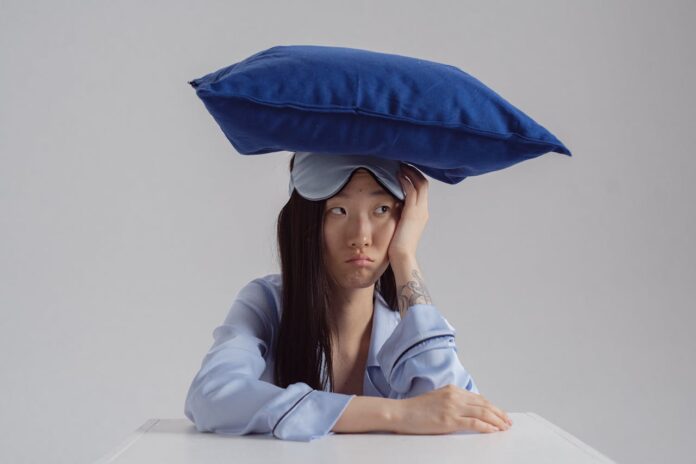A peaceful night’s sleep isn’t just about feeling rested—it’s the foundation of your health. Sleep affects everything, from how your brain works to how your body fights disease. Yet, many of us are familiar with the frustrating experience of waking up at night, unable to drift back into dreamland. What’s causing this nightly struggle? Let’s dive into five surprising culprits—and how you can reclaim your rest.
1. Stress: The Silent Sleep Thief
Life is stressful, and sometimes, it follows us into bed. Stress keeps your mind racing and your body on edge, making it hard to stay asleep. Since we spend about a third of our lives in bed, it’s worth creating a calming nighttime routine. Wind down with relaxing activities—like reading or meditation—to help your mind let go of the day’s worries.
2. Too Much Light at Night
Your body’s natural sleep hormone, melatonin, is like a night owl—it only comes out when it’s dark. Bright screens from phones, TVs, or tablets can confuse your brain, making it think it’s still daytime. The result? Poor melatonin production and restless nights. Try dimming the lights and avoiding screens an hour before bedtime to signal to your brain that it’s time to power down.

3. The Melatonin Supplement Trap
Speaking of melatonin, many people rely on supplements to get to sleep. But here’s the catch: overusing them can make your body stop producing its own melatonin. Instead of reaching for pills right away, explore natural alternatives like calming teas, magnesium, or aromatherapy. Supplements can be helpful occasionally, like when you’re jet-lagged, but moderation is key.
4. Foods That Help (or Hurt) Your Sleep
Believe it or not, some foods are natural sleep boosters! Pistachios, tart cherries, fatty fish, and oats are rich in melatonin and other sleep-promoting nutrients. On the flip side, caffeine and alcohol can sabotage your rest. Avoid coffee after 2 p.m. and limit nighttime drinks to steer clear of those 3 a.m. bathroom trips.
5. Caffeine and Alcohol: Double Trouble
Caffeine may be your best friend during the day, but it’s your worst enemy at night. It can linger in your system for hours, keeping you alert long after your last sip. And while alcohol might help you fall asleep faster, it disrupts deep sleep, causing you to wake up groggy and restless.

Sleep Better, Tonight and Beyond
The key to better sleep is understanding what’s keeping you awake. Whether it’s stress, late-night screen time, or the wrong bedtime snacks, small changes can make a big difference. Try these tips, and don’t forget to share them with friends and family—because everyone deserves a good night’s rest. Who knows? A little advice might just lead to sweeter dreams for all.




